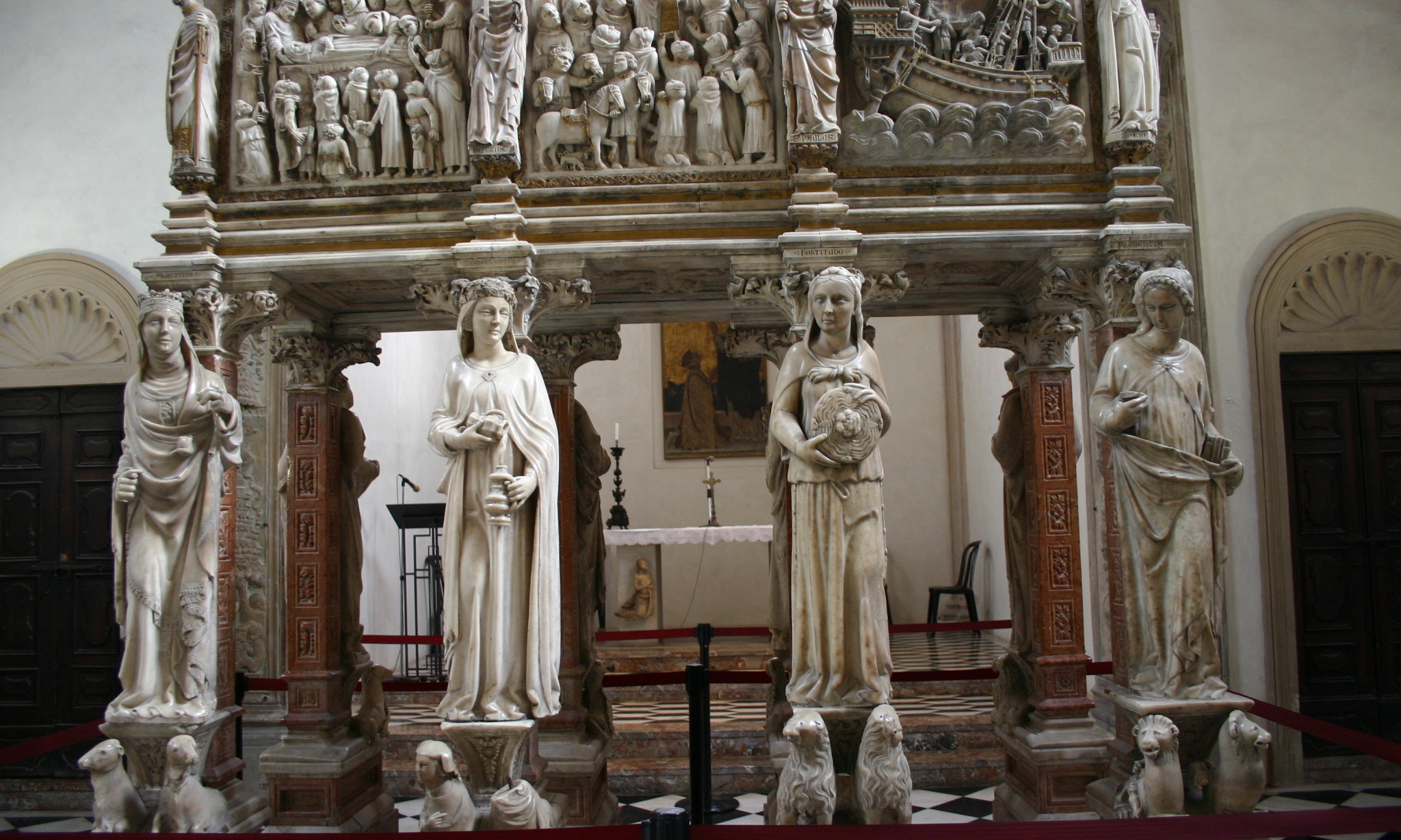“The lesson is: if you’re going to be a criminal, do your homework.”
“Wait, I’m not a bad guy.”
“No, I didn’t say you’re a bad guy; I said you’re a criminal.”
“What’s the difference?”
“I’ve known good criminals and bad cops; bad priests; honorable thieves. You can be on one side of the law or the other, but if you make a deal with somebody you keep your word. You can go home today with your money and never do this again. But, you took something that wasn’t yours, and you sold it for a profit. You’re now a criminal—good one, bad one: that’s up to you.”
This reasoning from the AMC series Better Call Saul strikes the viewer as deeply flawed and seductive. In the dialogue, Mike Ehrmantraut mentors Pryce, who has pilfered pills from his company and sold them to a drug dealer. I say this reasoning is seductive. Many of us exhibit one or a handful of virtues that we highly prize and with which we associate ourselves. At the same time, we often neutralize how certain vices affect the way we appraise our own character. Regrettably, such reasoning hampers us from acquiring true self-knowledge.
Mike reasons rightly that criminality and badness are not coextensive. There are some men who have not broken the law but are nevertheless bad men. Some of these men even play traditionally honorable roles, such as cops and priests. If badness were coextensive with criminality, then there would be no bad men who were not criminals. But since some bad men are not criminals, criminality and badness are not coextensive. Mike’s reasoning goes further: some criminals exhibit good qualities such as honorability (which here seems to mean keeping one’s word). If all criminals were bad, none would be honorable; but some criminals act honorably. Thus, some criminals are good.
Mike jumps to the conclusion that Pryce’s embezzlement is mostly irrelevant to the goodness or badness of his character. What matters is this: does he keep his word? To be sure, some non-criminals are bad men, and some criminals do good things. But it doesn’t follow that breaking the law is irrelevant to someone’s character.
Furthermore, Mike’s reasoning ignores at least one of the ways that different virtues “get along” (what medievals called the “connection of the virtues”). The virtues relate by aiding the human person’s pursuit of the good; vices take away from this pursuit.
Consider how keeping-one’s-word and theft affect this pursuit. If Pryce keeps his word, he holds himself up to how he represented himself to another. He promised to do one thing, and then he actually does it. There is an equality—a just relationship—between who Pryce tells someone he is and who he really is. That, considered by itself, is good.
But what happens when Pryce sells something that is not his to sell? Selling something that isn’t one’s own implies one has rights over someone else’s property. But Pryce doesn’t relate to the real owners in this way—he has no such right. There’s an inequality between how Pryce relates to the real owners and what he actually does with what belongs to them. Pryce perpetrates an unjust relationship, which makes what he does bad and damages his character. The very thing that’s desirable in deal-keeping, Pryce severely undercuts by embezzling.
What is more easily seen in the case of deal-making and theft—since they both relate to justice—is also true concerning everything else we do. Everything we do relates to prudence, by which we act according to right reason. Through right reason, we make steps in pursuit of our happiness, but vices undermine this pursuit. For instance, a coward may be an honest man. He is prudent insofar as he is honest, but imprudent insofar as he is a coward.
Perhaps, asking, “am I a bad guy?”—which is Pryce’s concern—is unhelpful for acquiring self-knowledge since it opens us up to this kind of rationalization. Thievery is not cowardice, which is not adultery. These are all “bad,” but in different ways. It’s better to ask: am I good? Am I a truly happy, flourishing human being? Is all that I do oriented toward the love of God?
✠







